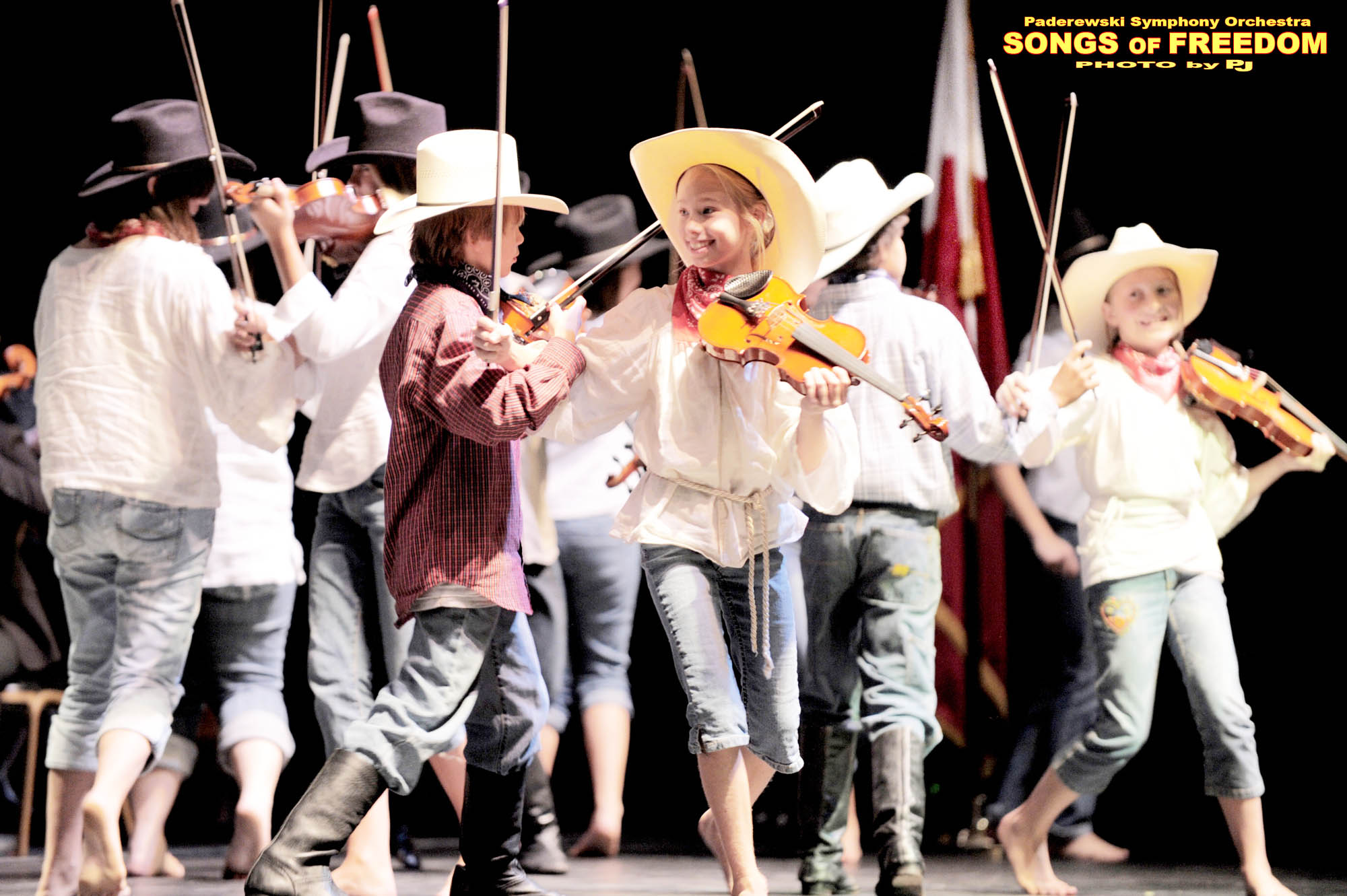The National Association for Music Education
Success in developing intelligence
Success in school and in society depends on an array of abilities. Without joining the intense ongoing debate about the nature of intelligence as a basic ability, we can demonstrate that some measures of a child’s intelligence are indeed increased with music instruction. Once again, this burgeoning range of data supports a long-established base of anecdotal knowledge to the effect that music education makes kids smarter. What is new and especially compelling, however, is a combination of tightly controlled behavioral studies and groundbreaking neurological research that show how music study can actively contribute to brain development. – MENC
Results of an IQ test given to groups of children (total: 144) who were provided with lessons in keyboard, voice, drama or no lessons at all, showed that the IQ of students in the keyboard or voice classes increased from their pre-lesson IQ score, more than the IQ of those students taking drama or no lessons. Generally these increases occurred across IQ subtests, index scores, and academic achievement. -- Summary by MENC; Original source: August 2004, Psychological Science, a journal of the American Psychological Society; http://www.psychologicalscience.org/pdf/ps/musiciq.pdf; Dr. E. Glenn Schellenberg (University of Toronto)
Children with music training had significantly better verbal memory than those without such training, and the longer the training, the better the verbal memory. Researchers studied 90 boys between the ages of 6 and 15. Half had musical training as members of their school's string orchestra program, plus lessons in playing classical music on Western instruments like the flute or violin for one to five years. The other 45 students had no training. Students with musical training recalled more words in a verbal memory test than did untrained students, and after a 30-minute delay, students with training also retained more words than the control group. In a follow-up one year later, students who continued training and beginners who had just started learning to play both showed improvement in verbal learning and retention. -- Summary by MENC. Original source: Ho, Y. C., Cheung, M. C., & Chan, A. Music training improves verbal but not visual memory: cross-sectional and longitudinal explorations in children (2003) Neuropsychology, 12, 439-450.
A 2004 Stanford University study showed that mastering a musical instrument improves the way the human brain processes parts of spoken language. In two studies, researchers demonstrated that people with musical experience found it easier than non-musicians to detect small differences in word syllables. They also discovered that musical training helps the brain work more efficiently in distinguishing split-second differences between rapidly changing sounds that are essential to processing language. About 40 adults, divided into groups of musicians and non-musician, matched by age, sex, general language ability and intelligence, were tested. To qualify, the musicians need to have started playing instruments before age 7 and never stopped, practicing several hours/week. Functional magnetic resonance imaging showed the musicians had more focused, efficient brain activity. “This is the first example showing how musical training alters how your brain processes language components.” – Prof. John Gabrieli, former Stanford psychology professor, now associate director of MIT’s Athinoula A. Martinos Center for Biomedical Imaging. (http://news-service.stanford.edu, Nov. 2005)
Young children who take music lessons show different brain development and improved memory over the course of a year, compared to children who do not receive musical training. The brains of musically trained children respond to music in a different way to those of untrained children, and that the musical training improves their memory. After one year the musically trained children performed better in a memory test that is correlated with general intelligence skills such as literacy, verbal memory, Visio spatial processing, mathematics and IQ. Dr. Laurel Trainor, Prof. of Psychology, Neuroscience, and Behaviour at McMaster University, Director of the McMaster Institute for Music and the Mind; Canada; published 9/20/06; http://www.sciencedaily.com/releases/2006/09/060920093024.htm
Playing a musical instrument significantly enhances the brainstem’s sensitivity to speech sounds. This relates to encoding skills involved with music and language. Experience with music at a young age can “fine-tune” the brain’s auditory system. – from a study supported by Northwestern University, grants from the National Institutes of Health, and the National Science Foundation. Nina Kraus, director of NWU’s Auditory Neuroscience Laboratory and senior author of the study, which appeared in April 2007 Nature Neuroscience. Other contributing researchers/authors: Patrick Wong, primary author “Musical Experience Shapes Human Brainstem Encoding of Linguistic Pitch Patterns” Other researchers Erika Skoe, Nicole Russo, Tasha Dees; info from www.sciencedaily.com
A study of 31 children found that children who received keyboard instruction for two years beginning at age 3 continued to score higher on spatial-temporal and arithmetic tasks two years after the instruction was terminated (Rauscher & LeMieux, 2003). The age at which children begin instruction appears to affect the duration of extra-musical cognitive outcomes, and longitudinal research suggests that at least two years of music instruction are required for sustained enhancement of spatial abilities (Rauscher, 2002); ERIC Clearinghouse on Early Education and Parenting , Can Music Instruction Affect Children's Cognitive Development? ERIC Digest; Frances H. Rauscher; ERIC Identifier: ED480540, Publication Date: 09/2003. http://www.ericdigests.org/2004-3/cognitive.html
“Academic work is really about certain types of deductive reasoning, and especially some forms of verbal and mathematical reasoning. Developing these abilities is an essential part of education. But if intelligence were limited to academic ability most of human culture would never have happened. There’d be no practical technology, business, music, art, literature, architecture, love, friendship or anything else. These are big ideas to leave out of our common-sense view of intelligence and educational achievement.” Sir Ken Robinson, Senior Advisor, Education Policy, Getty Foundation, in an Arts and Minds: Conversations about the Arts interview; Education Commission of the States, April 2005 How Creativity, Education and the Arts Shape a Modern Economy; http://www.ecs.org/clearinghouse/60/51/6051.pd
Success in society
Success In school and learning
Success in life

|


|







